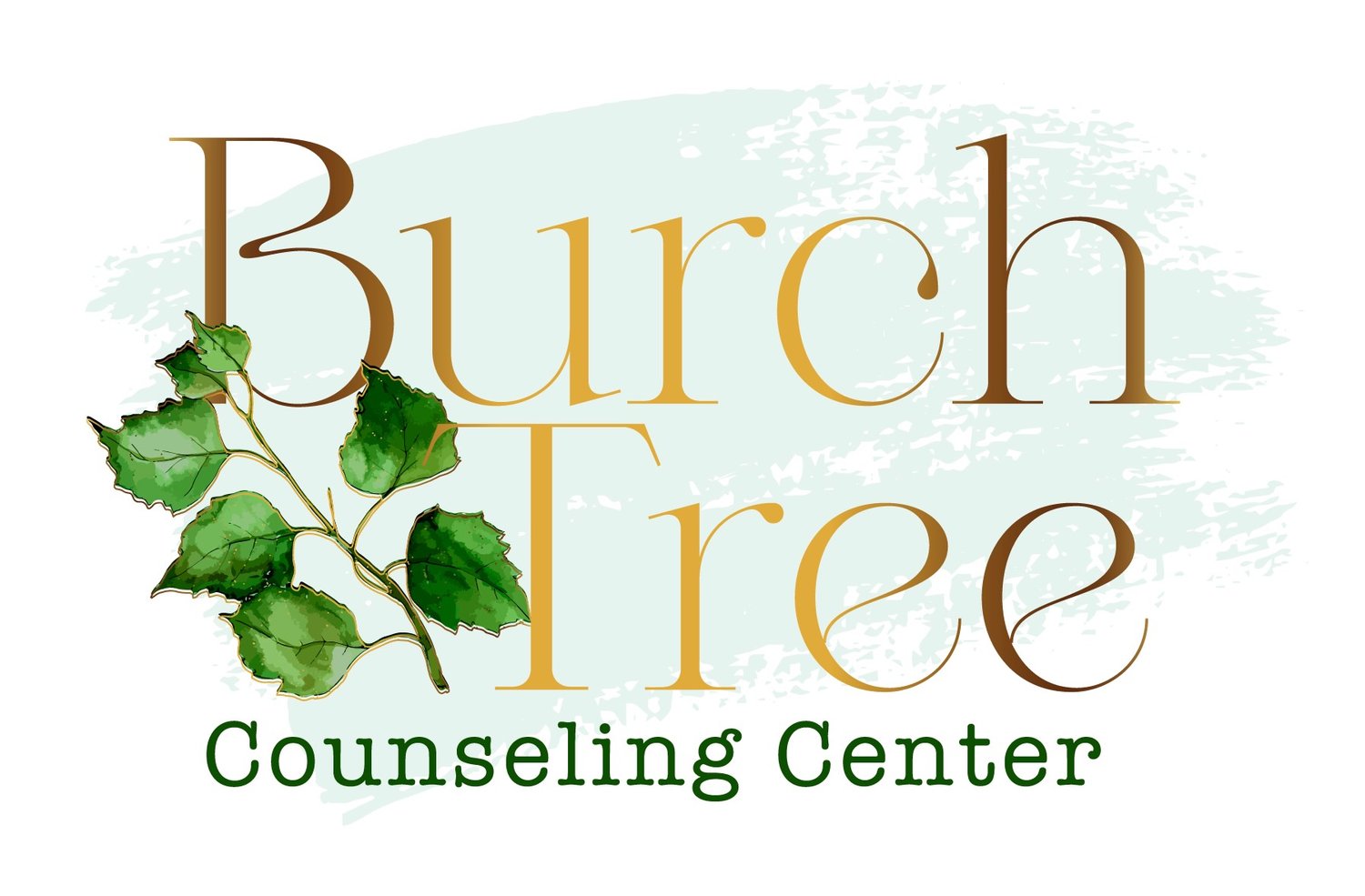Is Bipolar Disorder Counseling Suitable for Everyone?
Curious about whether bipolar disorder counseling is a one-size-fits-all solution? Dive into this detailed FAQ to explore who can benefit, the effectiveness of counseling, and essential factors to consider before opting for treatment.
Who Can Benefit from Bipolar Disorder Counseling?
Bipolar disorder counseling can benefit individuals experiencing the highs and lows of this mental health condition. It is especially suitable for those looking to better understand their symptoms, develop coping strategies, and enhance their overall quality of life. While counseling is not a one-size-fits-all solution, many individuals find significant relief and support through therapy sessions tailored to their unique needs.
It is essential to remember that everyone's journey with bipolar disorder is different. Therefore, counseling may be more effective for some than others. Individuals open to exploring their thoughts, emotions, and behaviors in a safe, non-judgmental space often experience the most benefit from counseling. Seeking professional help is a proactive step towards managing bipolar disorder and improving mental well-being.
Moreover, bipolar disorder counseling is suitable for individuals seeking long-term strategies to manage their condition. By working with a trained therapist, individuals can gain insight into their triggers, learn effective communication skills, and develop healthy coping mechanisms. Counseling offers a supportive environment where individuals can address their concerns and work towards emotional stability and resilience.
If you or a loved one is struggling with bipolar disorder, reaching out for counseling can bring about positive changes in how you navigate the challenges associated with this condition. While counseling may not be the sole solution, it can play a vital role in your overall treatment plan, providing guidance, support, and tools to help you lead a fulfilling life despite the challenges of bipolar disorder.
In essence, bipolar disorder counseling is suitable for individuals willing to engage in self-reflection, make positive changes, and commit to their mental health journey. The guidance and expertise offered by a qualified therapist can empower individuals to develop a deeper understanding of their condition and cultivate strategies to lead a more balanced and fulfilling life.
Understanding the Effectiveness of Bipolar Disorder Counseling
The effectiveness of bipolar disorder counseling lies in its ability to provide individuals with tailored support and guidance to manage their condition effectively. Through regular therapy sessions, individuals can explore their thoughts, emotions, and behaviors in a safe and confidential space, gaining valuable insights into their mental health.
One of the key benefits of counseling for bipolar disorder is the opportunity to develop personalized coping strategies. Therapists work collaboratively with individuals to identify triggers, enhance self-awareness, and build resilience in dealing with mood fluctuations. By equipping individuals with practical tools and techniques, counseling can empower them to navigate the challenges of bipolar disorder with greater confidence and stability.
Moreover, bipolar disorder counseling promotes emotional regulation and self-care practices essential for long-term well-being. Therapists help individuals establish healthy routines, set achievable goals, and prioritize self-care activities that support their mental health. By fostering a holistic approach to treatment, counseling strengthens individuals' ability to cope with stressors and maintain emotional balance in their daily lives.
It's important to recognize that the effectiveness of counseling may vary for each individual. Factors such as commitment to therapy, openness to change, and the quality of the therapeutic relationship can influence outcomes. By actively engaging in the counseling process and collaborating with a skilled therapist, individuals can maximize the benefits of therapy and make meaningful strides towards managing their bipolar disorder.
Overall, understanding the effectiveness of bipolar disorder counseling involves acknowledging its role in fostering self-awareness, promoting skills development, and facilitating positive behavioral changes. With the right support and guidance, individuals can harness the transformative power of counseling to enhance their mental health and well-being on their journey towards recovery and resilience.
Factors to Consider Before Opting for Bipolar Disorder Counseling
Before embarking on bipolar disorder counseling, it's essential to consider several factors to ensure that therapy aligns with your individual needs and goals. Firstly, assessing your readiness for change and commitment to the counseling process is crucial for deriving maximum benefit from therapy sessions.
Additionally, exploring the therapeutic approaches and techniques used in counseling can help you determine whether they resonate with your preferences and therapeutic goals. Understanding the role of the therapist, the structure of sessions, and the expected outcomes can provide valuable insights into what to expect from bipolar disorder counseling.
Furthermore, it's important to evaluate the accessibility and affordability of counseling services to ensure that you can engage in regular therapy sessions without undue financial strain. Seeking guidance from mental health professionals, researching reputable therapy providers, and exploring insurance coverage options can assist you in making informed decisions about pursuing counseling.
Another critical factor to consider is the compatibility between you and the therapist. Establishing a trusting and collaborative relationship with your therapist is essential for the success of counseling. Feeling comfortable, understood, and supported by your therapist fosters a safe space for open communication, exploration of emotions, and development of coping strategies.
In conclusion, prior to opting for bipolar disorder counseling, take the time to reflect on your readiness for therapy, preferences for treatment approaches, financial considerations, and the importance of a supportive therapeutic relationship. By addressing these factors proactively, you can set the stage for a positive and productive counseling experience that empowers you to manage bipolar disorder effectively.
Embracing Personalized Treatment
In conclusion, while bipolar disorder counseling can be highly effective for many individuals, it's important to keep in mind that personalized treatment plans are essential. Embracing the support and guidance of a professional can make a significant difference in managing bipolar disorder effectively.

